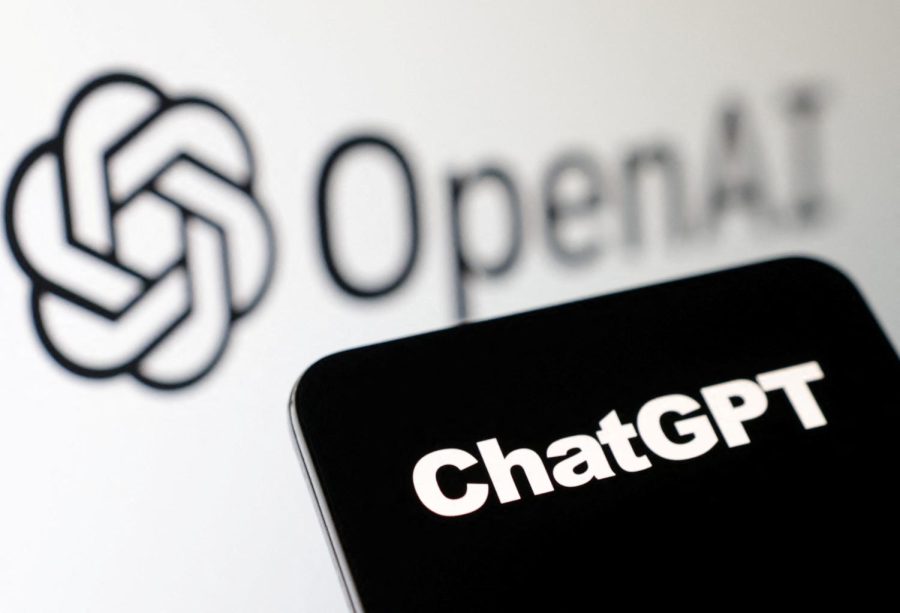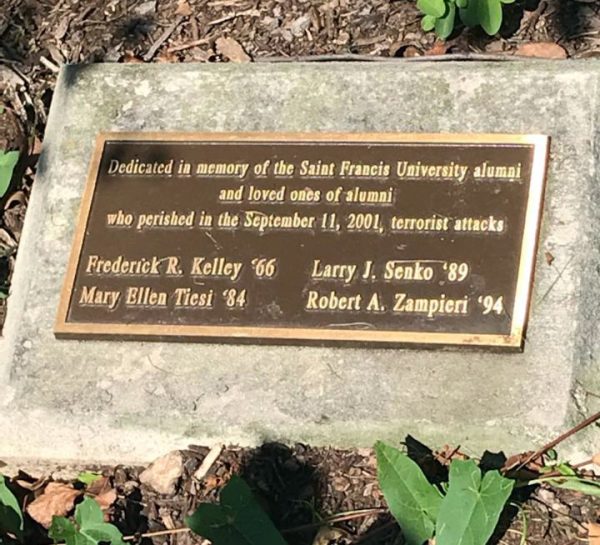ChatGPT: A Tool for Innovation or a Platform to Plagiarism?
Conversation is buzzing in the tech world around the creation of new Artificial Intelligence systems.
In higher education, there are many who are concerned that the latest in AI – ChatGPT – will lead to a flood of students across the world using it to write academic essays for them.
People around the globe are trying to figure out if this software is a brilliant breakthrough or a platform for plagiarism. Or maybe a little bit of both.
Megan Oyaski, a senior Engineering major with a concentration in Robotics, believes that the grave concerns of some in academia regarding ChatGPT are unfounded.
“ChatGPT isn’t malicious,” she said. “It can’t think independently. It can only perform the task it is programmed to perform.”
Even if students are using the program to write papers, ChatGPT is not to blame, argues Oyaski. Nor, does she believe, are its programmers.
“Human intent is really more important than the morality of creating such a tool,” she said. “ChatGPT is not inherently bad; it’s what people use it for that’s the problem.”
Oyaski serves as a tutor in the University’s Writing Center. She said she doesn’t think she has seen any papers written with the program.
“All the papers I’ve reviewed this semester have been in the early stages of planning,” she said.
“Outlines and rough drafts. The ones that have been completely drafted, the student knows the direction they want to take.”
It’s for this reason that Oyaski said she does not expect to see any AI-written papers brought to the Writing Center.
“If students are using ChatGPT to form an essay, they probably won’t go to the Writing Center,” she said.
“The people who come here are looking for genuine help on their papers.”







